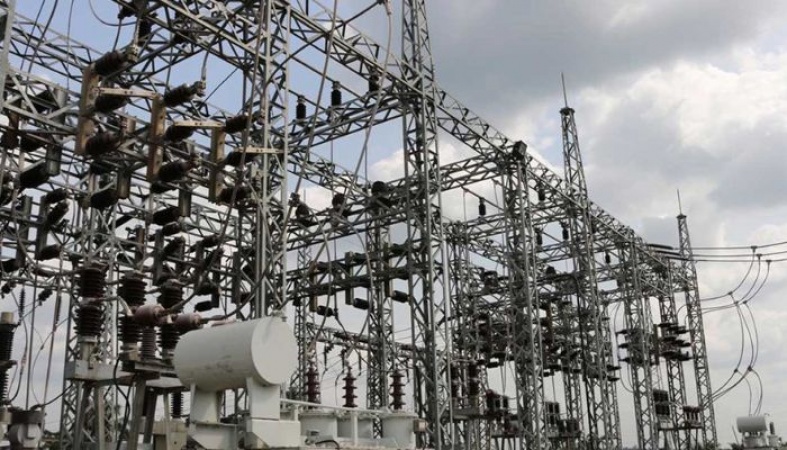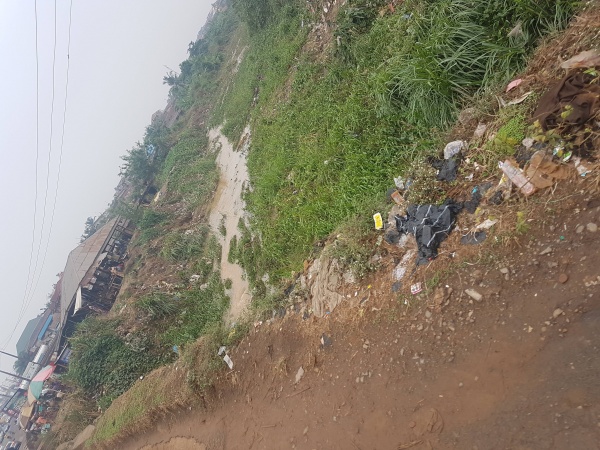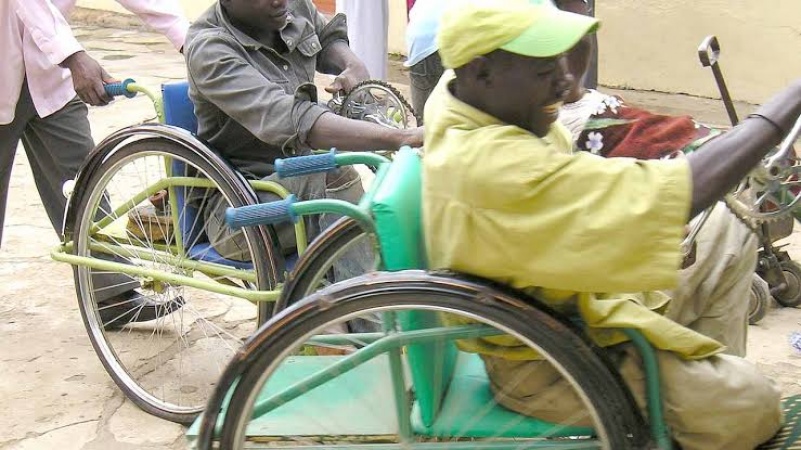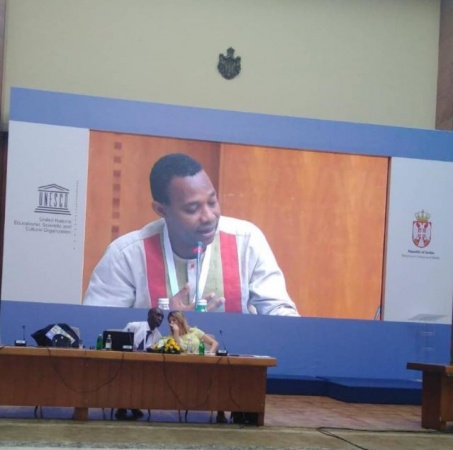Nigeria’s Grid Collapse: Challenges, Opportunities and the path to Reliable Power
Posted by Nusaybah Shuaib-Osunleke | 4 months ago | 274 times

Nigeria, Africa’s largest economy and most populous nation, has long grappled with an inconsistent and inefficient national power grid. For decades, power generation and distribution challenges have hindered economic growth, stymied industrial development, and left millions without access to reliable electricity. Addressing these challenges is essential for the country to realize its potential and improve the quality of life for its citizens. This article delves into the issues plaguing Nigeria’s national grid and explores promising pathways to a sustainable energy future.
Recently, Nigeria’s national grid collapsed again, leaving millions of people and businesses struggling to keep their lights on. According to reports, Last Thursday marks the tenth grid collapse in 2024, an unprecedented frequency of such incidents. As we face these repeated outages, it’s clear: it’s time to take control of our own power.
Understanding the Current Challenges of Nigeria’s National Grid; Aging and Overloaded Infrastructure
The Nigerian national grid is largely based on infrastructure built several decades ago, and without consistent maintenance or upgrades, much of it has degraded. Transmission lines, transformers, and other essential components regularly fail, causing blackouts and service disruptions. The existing grid is not equipped to handle modern electricity demands, nor is it resilient enough to accommodate future growth.
Inefficient Power Generation and Distribution
While Nigeria’s installed capacity is around 13,000 MW, only about 4,000-5,000 MW reaches the grid consistently. This gap stems from operational inefficiencies, gas supply issues, and outdated generation equipment, which is particularly problematic for gas-fired power plants that make up the majority of Nigeria’s generation. Furthermore, distribution companies (DisCos) struggle with high technical and commercial losses, with power theft, inadequate metering, and poor revenue collection exacerbating the sector’s problems.
However, high cost of Self-Generation, due to the grid’s unreliability, many Nigerian businesses and households resort to self-generation through diesel and petrol generators, which are costly and environmentally harmful. The average Nigerian manufacturer spends nearly 40% of operational costs on energy, compared to less than 10% in many developed economies. This reliance on self-generation contributes to Nigeria’s high business operating costs, reducing competitiveness and stifling growth.
Financial Viability and Policy Inconsistencies
Nigeria’s electricity sector has long struggled with financial instability. With tariffs often insufficient to cover operational costs, DisCos and generation companies (GenCos) face liquidity issues, which limits their ability to invest in grid improvements. In addition, policy shifts and regulatory inconsistencies have deterred private investment, reducing innovation and leaving the sector reliant on limited government intervention.
Here are some smart, affordable alternatives that could keep Nigerians powered up and ready for anything.
The use of Solar Power
Let the Sun Work for You with Nigeria’s endless sunshine, why not harness it? Solar power is now more affordable and accessible than ever. Solar panels and small solar kits can light up homes, charge devices, and run essential appliances. For those ready to cut their ties to the unreliable grid, solar power is the perfect partner in creating your personal power source.
Inverters and Battery Storage
Inverters and battery systems are lifesavers for Nigerians who need reliable power day and night. They store electricity from the grid or solar panels, so you can keep the essentials running when the grid fails. Plus, they’re silent, low-maintenance, and can even save you money on fuel in the long run. Who needs noise and fumes when you can store up clean, quiet power?
Generators is a Power Backup with New Upgrades
Generators may feel old-school, but they’ve had a major upgrade. Newer models are more fuel-efficient, quieter, and less polluting. While they may not be ideal for daily use, they’re still a trusted backup when everything else fails. With proper maintenance, a generator can be a handy addition to your power
The Natural Gas Power is our Untapped Powerhouse
Nigeria sits on a treasure trove of natural gas, yet few people use it at home. Gas generators are a cleaner, cost-effective alternative for those who want reliable power without the high costs of diesel or petrol. It’s high time we tapped into this local resource to give the grid a break, and keep our lights on.
Taking Charge of Our Power Future
The latest grid collapse shows that waiting for stable power isn’t realistic. For those tired of unpredictable power supply, the solution lies in diversifying energy sources. By investing in these alternatives, Nigerians can gain control over their energy needs, save money, and contribute to a cleaner, greener future. Let’s power through this together, one kilowatt at a time.
In conclusion, Nigeria’s power grid problems are complex, but not insurmountable. With a population exceeding 200 million, demand for electricity will only continue to grow, underscoring the need for immediate and strategic intervention. A combination of decentralized power generation, renewable energy integration, infrastructure investment, and policy reform holds the promise of a resilient, sustainable, and efficient power sector.
Ultimately, Nigeria’s journey toward reliable electricity access hinges on collaborative efforts between the government, private sector, and citizens. A stable and robust power grid could unleash Nigeria’s potential, foster economic growth, and improve quality of life, positioning the country as a leading economic force on the continent.







